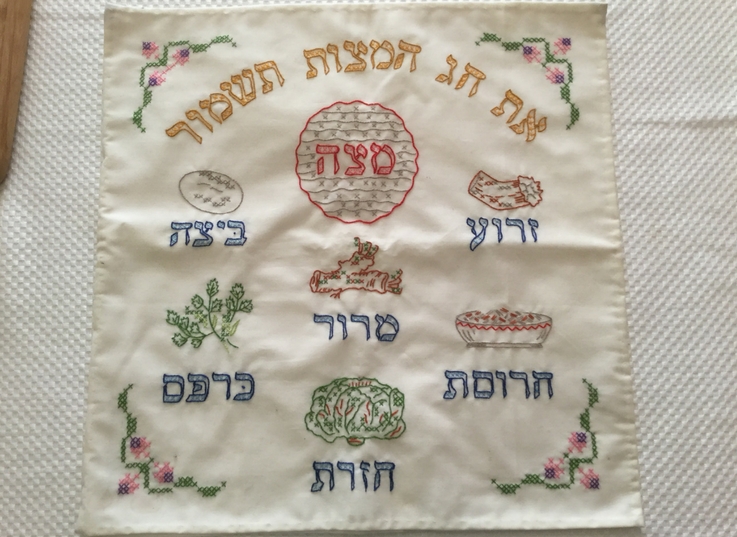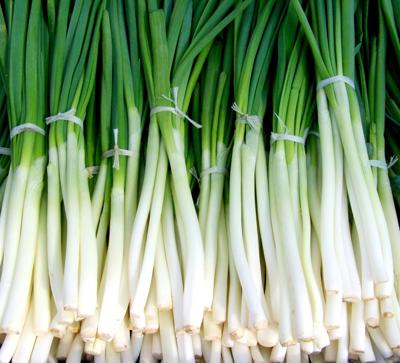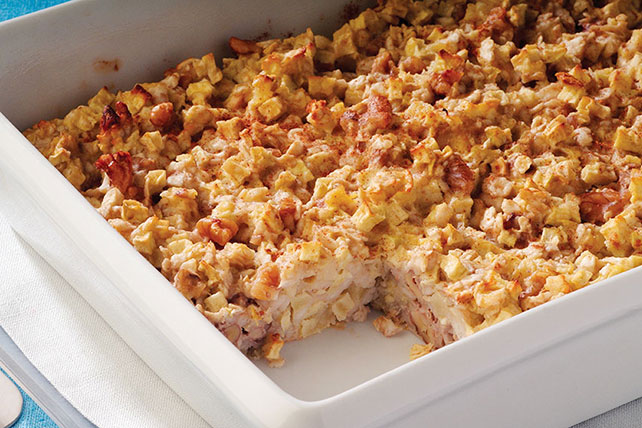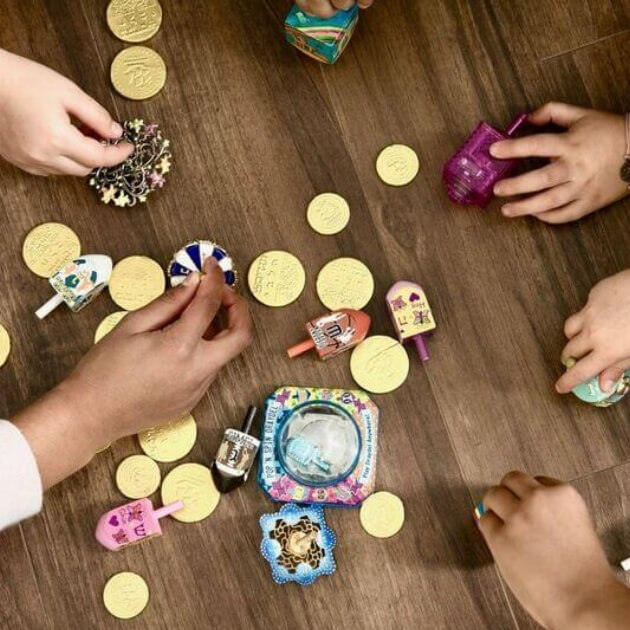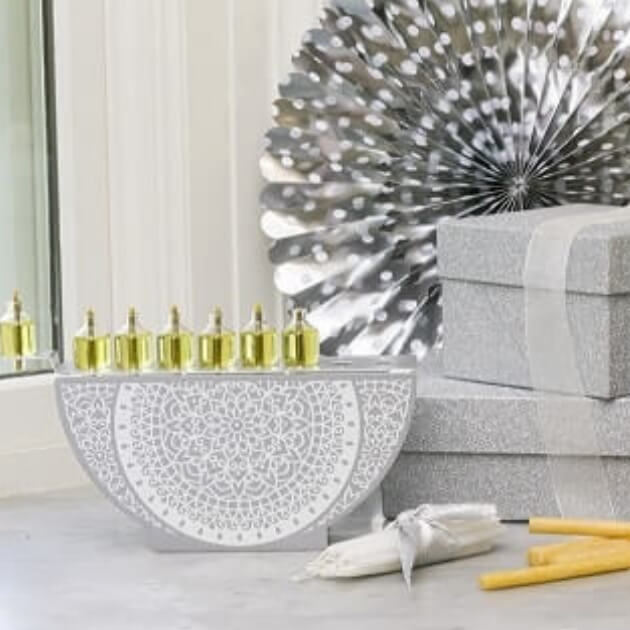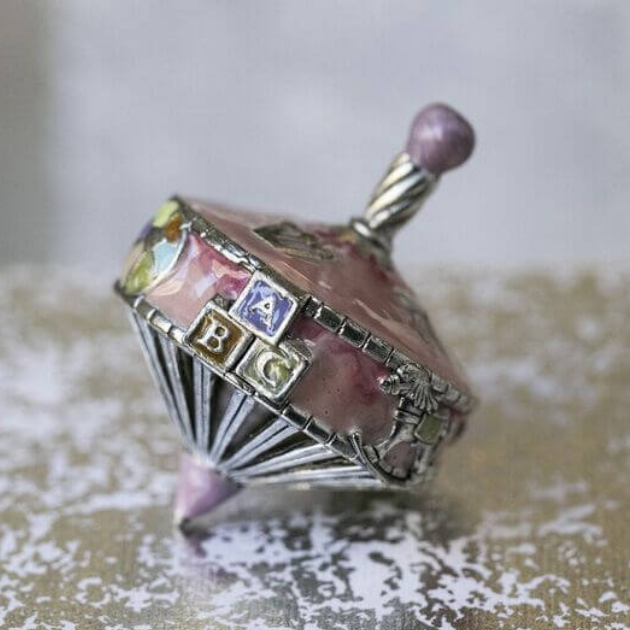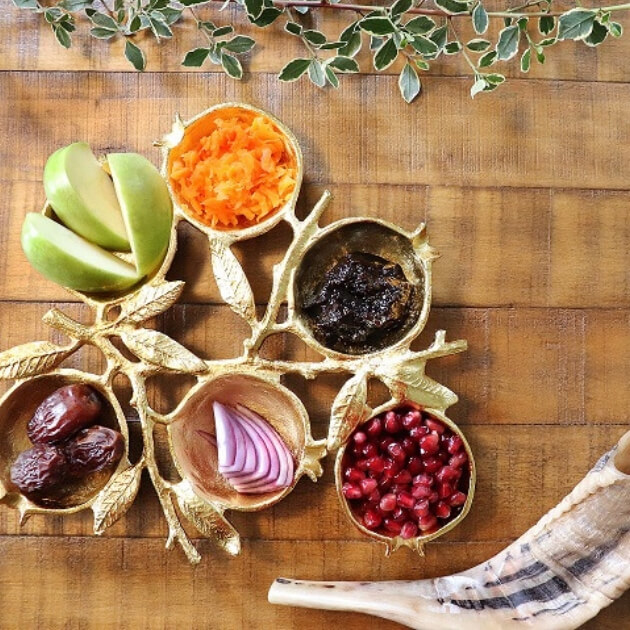Rosh Hashanah 101: All You Need to Know
- Sep 27, 2019
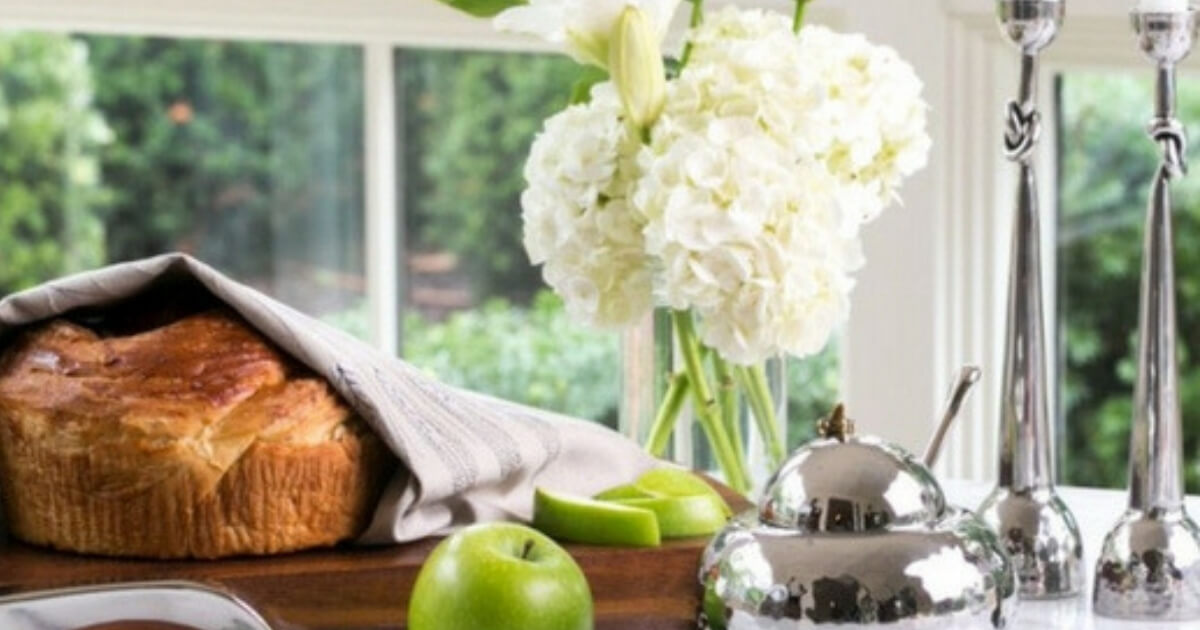

Getting ready to celebrate! Join in the spirit of the “new” and consider refreshing your holiday tableware. {From left: Breadboard, Honey Pots, Candlesticks, and Kiddush Cups.}
What is Rosh Hashanah?
Rosh Hashanah, the Jewish New Year, is a time for reflection and a time to wish everyone a happy, healthy, sweet new year. The concept of Rosh Hashanah is talked about in the Torah as a special day to blow the shofar (Leviticus 23:24, 25). On both days of Rosh Hashanah, we go to the synagogue and listen to the sound of the shofar. We ask forgiveness from people we have wronged, and we nullify vows that we were unable to complete.
Lighting the Candles
First, we light candles on both nights of Rosh Hashanah, preferably eighteen minutes before sunset, while reciting the following blessing:
Baruch atah adon-ai eloh-einu melech ha’olam, asher kid’shanu b’mitzvotav vitzivanu lihadlik ner shel Yom HaZikaron.
Blessed are you, Lord our G-d, King of the universe, who has sanctified us with His mitzvot and commanded us to light candles for the Day of Judgment.
When saying this NEXT blessing, bear in mind that this is recited when lighting the candles, and to have in mind any new holiday clothing you’ve purchased, as well as the new fruit you will be eating at the meal.
Baruch atah adon-ai elo-heinu melech haolam, shehechiyanu v’kiyimanu, v’higiyanu laz’man hazeh.
Blessed are you, Lord our G-d, King of the universe, who has given us life, and sustained us, and allowed us to reach this day.
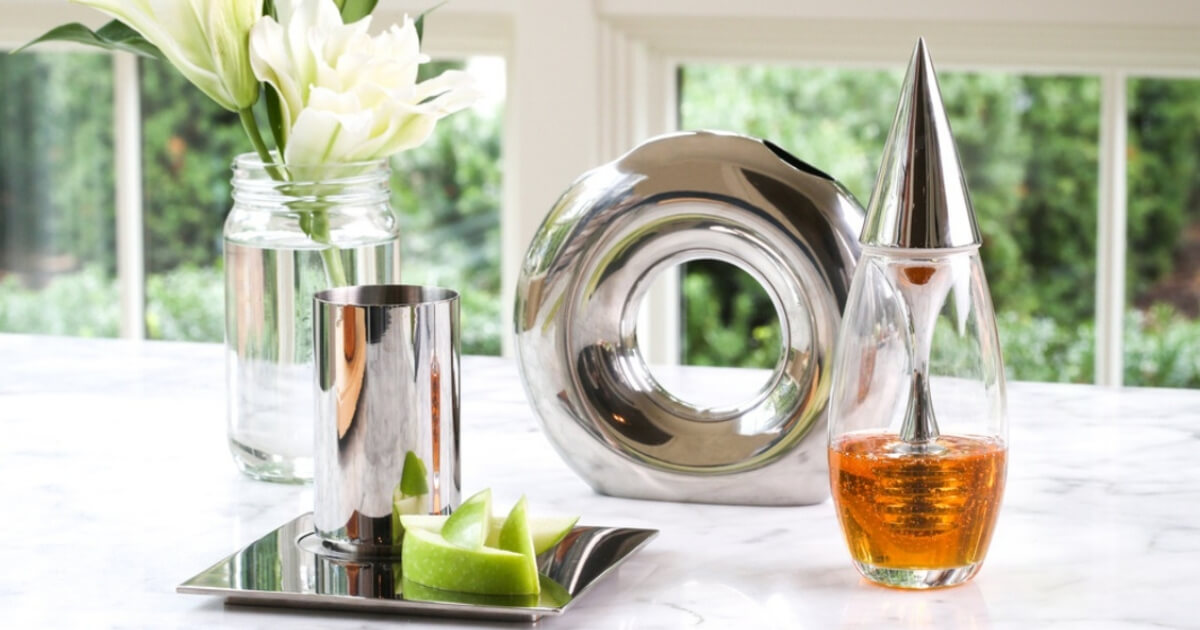

New Year Greetings and Blessings
We also wish each other a happy new year. You can always go with the classic “shana tova” for a good year, or variations of “shana tova tikataiv v'teichatem” (“May you be signed and sealed for a good year”), or “K’tiva vachatima tovah,” (“May you be signed and sealed for good [in the Book of Life]”). Pick up the phone and call your friends and relatives who live out of town (a phone call is always better than a text), and have your kids send New Year greeting cards -- they’re fun to give (and fun to receive!).
Blowing the Shofar
The shofar is crafted from the horn of a kosher animal, usually a ram, and blown in the synagogue on both days of Rosh Hashanah. As a symbol of teshuva (repentance), the three main sounds of the shofar are compared to the cries of a child. We are compared to G-d’s children, and on Rosh Hashanah we cry out to Him (with prayers and the shofar) to judge us favorably and to grant us all a good year.
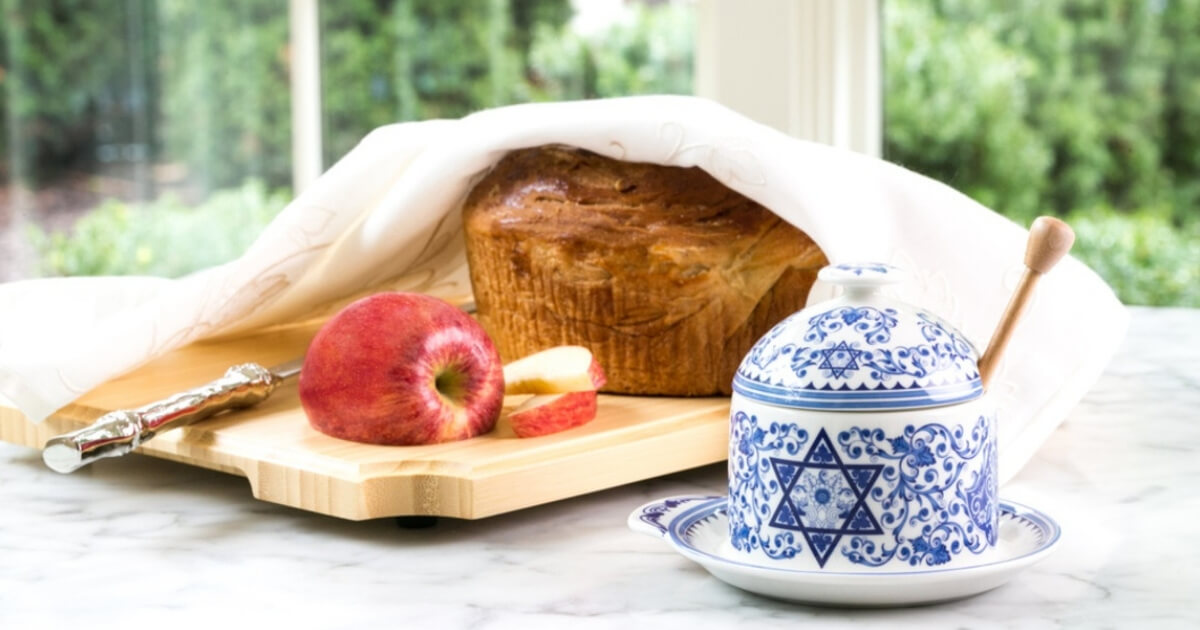

Rosh Hashanah Foods
Rosh Hashanah is referred to as “Yom HaZikaron,” or Day of Judgment. On this holiday we avoid foods that are sour, bitter, and tart, and are encouraged to cook with foods that are sweet and symbolize good things (to avoid negative spiritual judgments). The foods we eat on this holiday display our best selves, highlighting all the good things we did throughout the year. The main foods associated with Rosh Hashanah are apples and honey, as well as pomegranates. Also consider serving sweet wines: You will find a curated selection here.
Why do we dip apples specifically? Because it is a naturally sweet fruit, and the honey adds a second layer of sweetness. Apples are connected to the Garden of Eden, which has been described as smelling like an apple orchard (Genesis 27:27).
New Fruit
On the first night of Rosh Hashanah, apples (dipped in honey) are the featured fruit. For the second night meal, we dip apples in honey again, but we also prepare at least one new fruit for the table. A fruit is considered “new” if it’s seasonal, or if you haven’t consumed it within the last year.
A round challah board for the holiday is essential. Top it with special, heirloom-quality and hand-embroidered Challah Cover from our collection. Pick out a Challah Board from our curated collection.
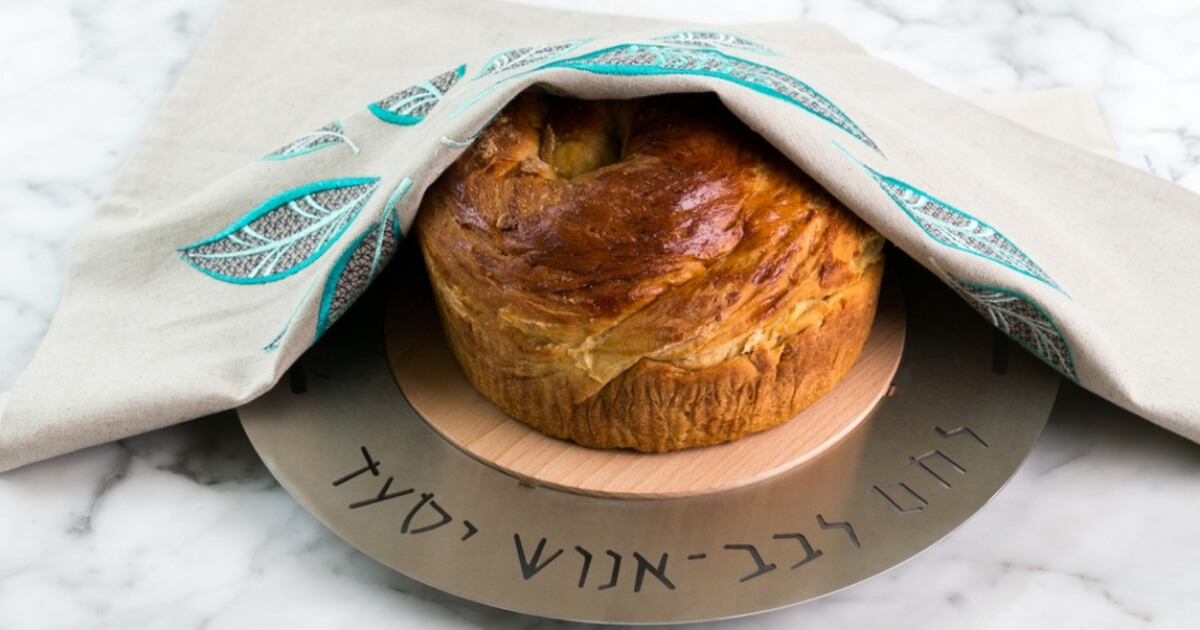

Honey and Challah
From Rosh Hashanah through Sukkot, we use honey to dip our challah instead of the usual salt. What’s the significance of honey? During these days, with every meal we emphasize honey for a year filled with sweetness and blessings. The traditional foods of the high holidays are selected to symbolize all things good and sweet, as well as merits and mitzvot. The idea is that highlighting symbolic foods will show G-d our pure intentions and emphasize our good deeds. And we hope that our merits and mitzvot increase even more in the coming year.
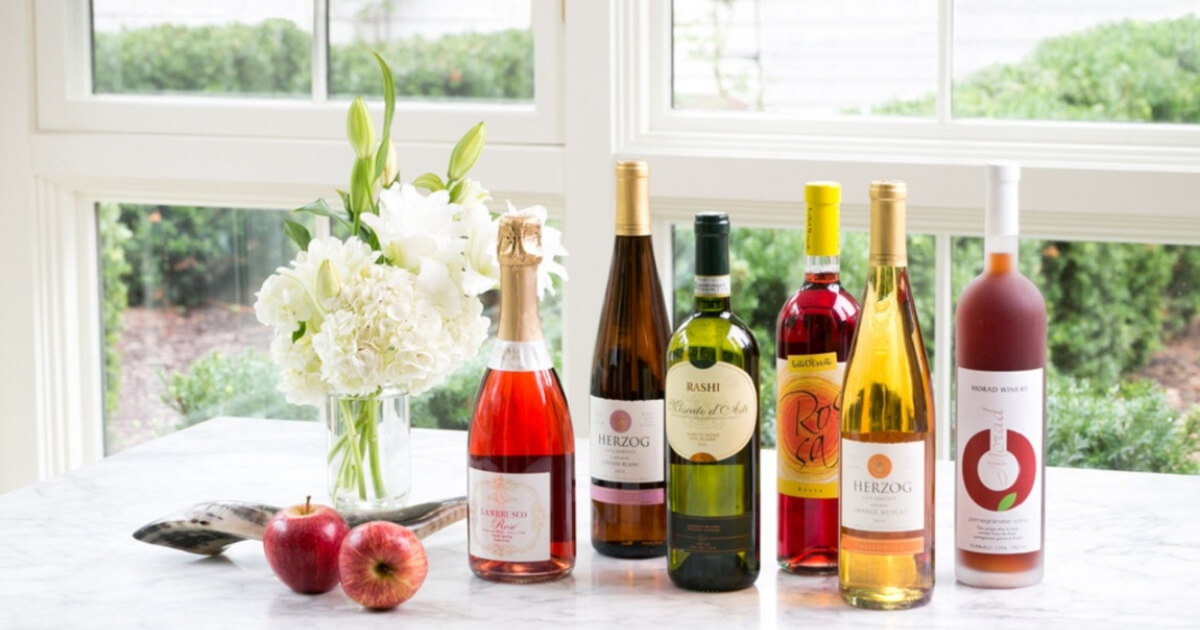

Order of the Blessings
There are so many blessings to say at the evening meals. Use this cheat sheet and you won’t get confused.
Make blessings on kiddush and challah first.
Kiddush
Baruch atah Ado-nai Elo-heinu melech ha’olam borei p’ri hagafen. (Blessed are You, Lord our God, King of the Universe, who creates the fruit of the vine.)
Hand Washing
Baruch atah Ado-nai Elo-heinu melech ha’olam, asher kid’shanu b’mitzvotav v’tzivanu, al netilat yadayim. (Blessed are you, Lord our G-d, king of the universe, who has sanctified us with his mitzvot and commanded us to wash our hands.)
Challah
Baruch atah Ado-nai, Elo-heinu melech ha’olam, hamotzi lechem min ha’aretz. (Blessed are you, Lord our G-d, king of the universe, who brings forth bread from the earth.)
Dip a piece of bread in honey, take a bite, and pass the challah around the table.
Apples & Honey
Baruch atah adon-ai elo-heinu melech ha’olam borei p’ri ha’eitz. (Blessed are you, Lord our G-d, king of the universe, who created fruit of the tree.)
Before you take a bite, recite this line:
Yehi ratzon shet’chadesh aleinu shanah tovah um'tukah. (May it be Your will to renew for us a good and sweet year.)
Now dip and enjoy!
New Fruit (For the second night of Rosh Hashanah)
Anyone who did not light candles or make kiddush should say the shehechiyanu blessing now:
Baruch atah adon-ai elo-heinu melech haolam, shehechiyanu v’kiyimanu, v’higiyanu laz’man hazeh. (Blessed are you, Lord our G-d, King of the universe, who has given us life, and sustained us, and allowed us to reach this day.)
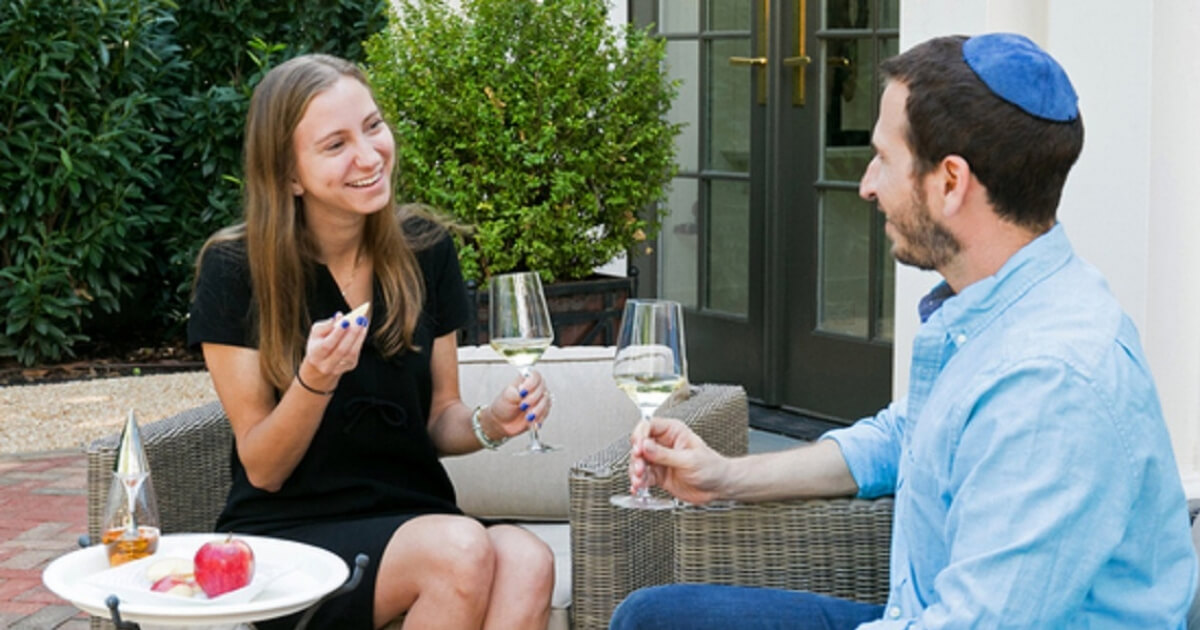

Other Rosh Hashanah Food
Other customary foods for Rosh Hashanah include round challah, the head of a fish (or ram if you’re Sephardi), to symbolize that we want to be like the head of a fish, as opposed to the tail. This refers to our desire to lead with inner values and a strong moral code rather than following weakly, hence the tail comparison. People like to have fun with the new fruit they serve at the meal, and look for exotic items such as mangosteens, lychees, quinces, and dragon fruit. Carrots are also a symbolic food; the Hebrew word for carrots, merren, means “to multiply,” which fits with the hope that our good deeds will multiply.
A Seder on Rosh Hashanah
Some people have the tradition to make a special seder. on Rosh Hashanah. Foods you’ll see on a Sephardic seder plate include apples cooked in honey or sugar, pomegranates, leeks, dates, small beans, beets, and gourds. You can get a Rosh Hashanah seder plate, or even build your own from a platter you already have. Place small bowls around it, filling each one with the fruits and foods you will serve at the meal. Use it as another center piece to beautify your holiday table even more.
Time For Tashlich
(Visiting a Body of Water to Cast Away Your Sins)
Click here for the Tashlich prayer in Hebrew or in English. Check here for a version of the Tashlich prayer using your smartphone.
On the first day of Rosh Hashanah, families and community members traditionally walk to a natural body of water such as a lake, river, or pond, preferably filled with fish or some form of natural life. We say a quick prayer and before leaving, we shake out our pockets to be rid of “all sins.” Just for fun, people bring breadcrumbs to feed the fish.
If you didn’t make it on the first or second day of Rosh Hashanah, you have until Hoshanah Rabbah, the last day of Sukkot, to do tashlich.
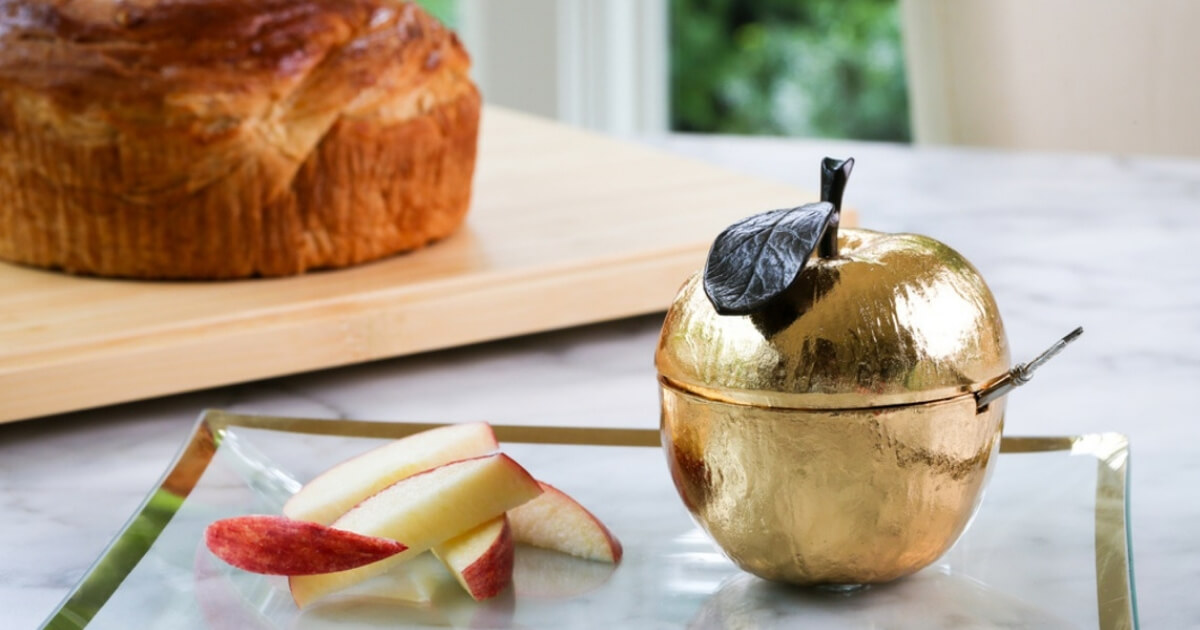

Shana Tovah U'Metuka!
Wishing you a good and sweet New Year for you, your family, and your loved ones!
 Get expert help from team members like Azik
Get expert help from team members like Azik

